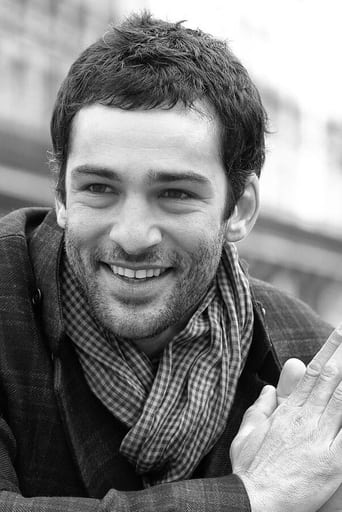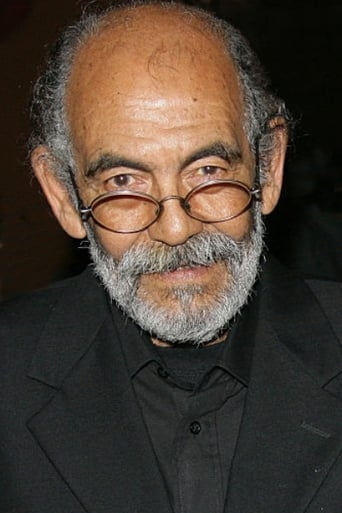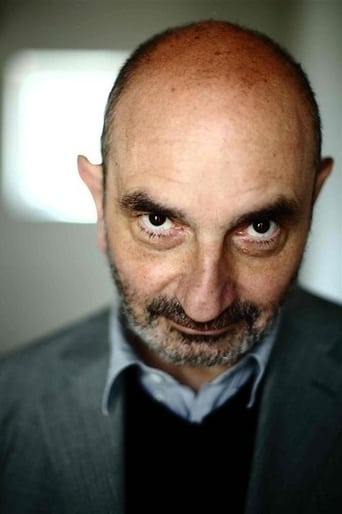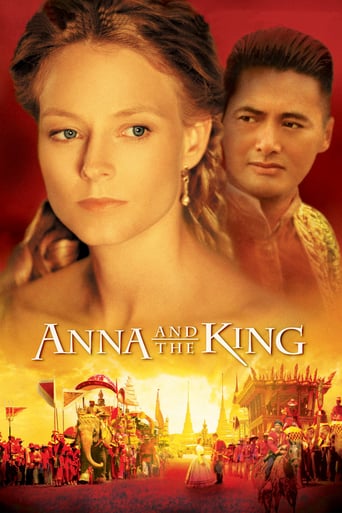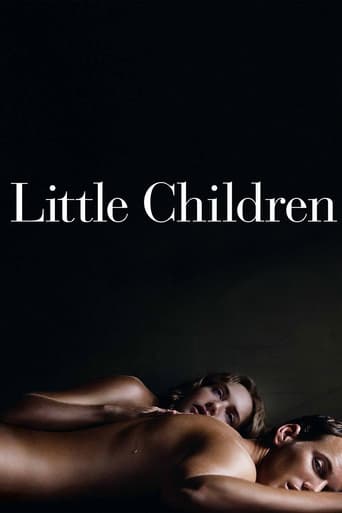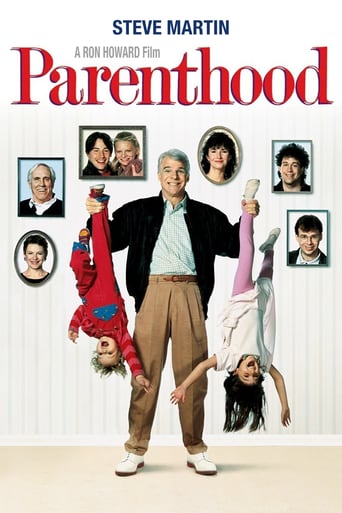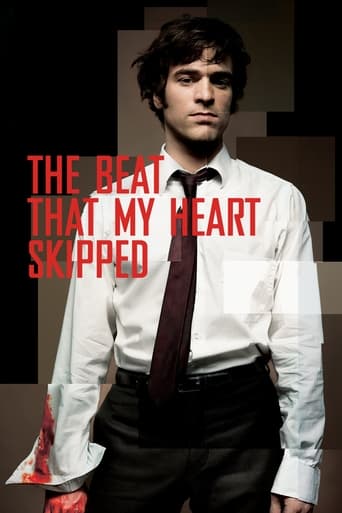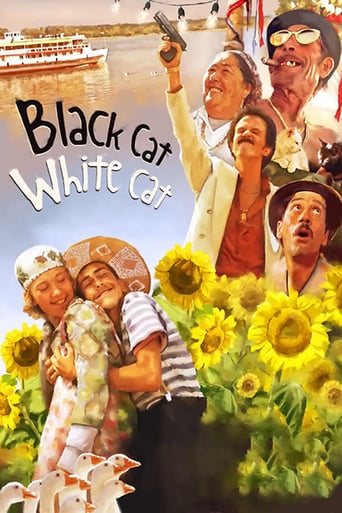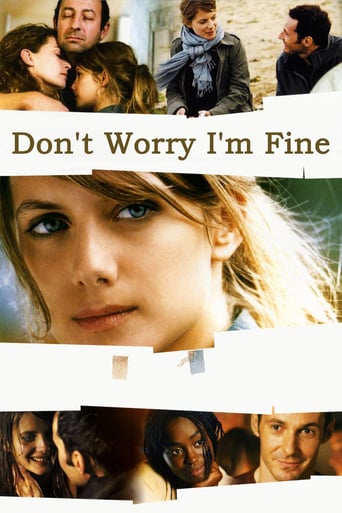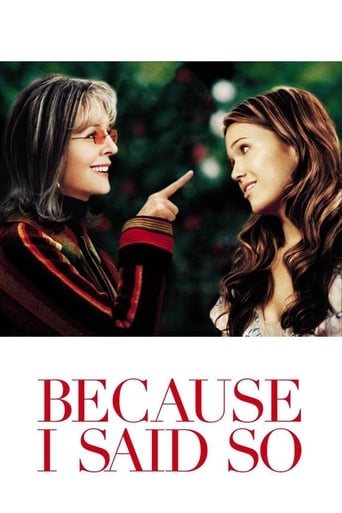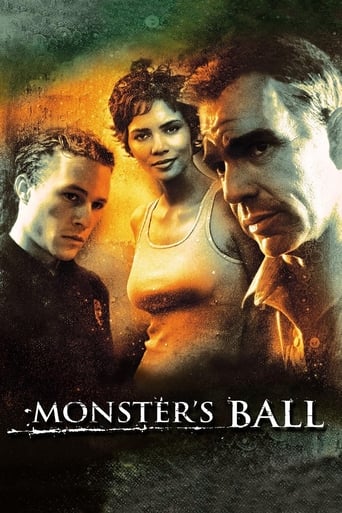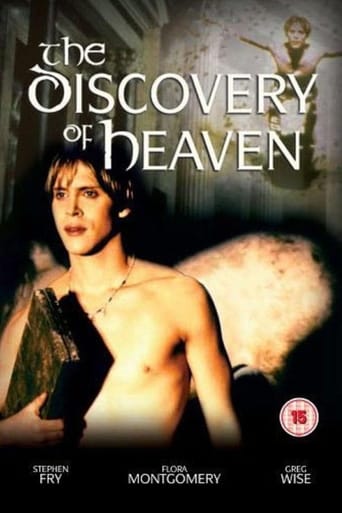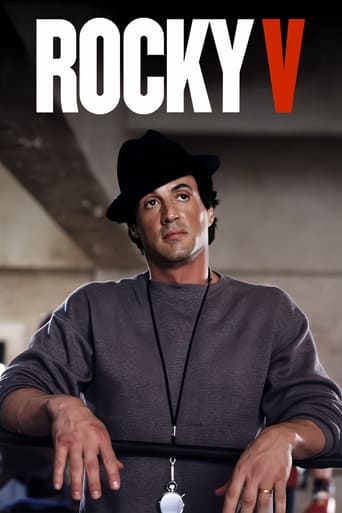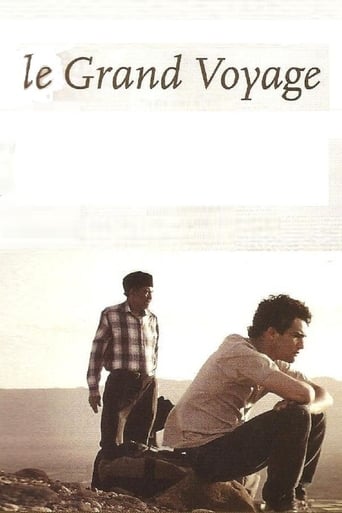

The Great Journey (2004)
Reda, summoned to accompany his father on a pilgrimage to Mecca, complies reluctantly - as he preparing for his baccalaureat and, even more important, has a secret love relationship. The trip across Europe in a broken-down car is also the departure of his father: upon arrival in Mecca, both Reda and his father are not the characters they were at the start of the movie. Avoiding the hackneyed theme of the return to the homeland, the film uses the departure to renew a connection between two generation.
Watch Trailer
Cast


Similar titles
Reviews
When a young man is persuaded by his aged father to drive him, a devout Moslem, to Mecca (3,000 miles away) he obeys but with a heavy heart. The old man is a tedious curmudgeon who throws away the lad's mobile phone that links him to his girl-friend, refuses to stop in Milan or Venice to look around, and accuses their new friend of stealing all their money (which he has actually mislaid). He also refuses to speak anything but Moroccan Arabic. In short, he's a deadly bore who quotes mottoes like "He who hurries is already dead", something that his son throws back in his face later. Reda (well played by Nicolas Cazale) is supposed to come round to his Dad as they arrive in Mecca, and weeps copiously when he finds him dead. I suppose a big crowd of the faithful can have that effect, but it seemed insincere to me and falsely devout, perhaps to secure production money. However, we enjoyed the road movie part, which had some good easygoing laughs and (as Dad required) did not hurry at all.
I've joined IMDb so people know what a great film this is! It's not often you come across a film that's moving and visually cinematic yet humble. You've read the plot so all I want to say is don't watch it because you want to see a clash of cultural religious identity babble ,because that's the typical misconception people read in to,instead just appreciate and realise it's about a father and son on a voyage growing to know each other through their struggles. Buy it and pass it on before film4 get round to it. This was one of the very few films to be nominated for a BAFTA being independent and foreign. The beauty of it is that it manages to appeal to anyone even if you never watch anything subtitled or just used to the Hollywood formula, just a great story that will keep you engaged. The only thing I wish is for it to be longer and see what happens
LE GRAND VOYAGE is a gentle miracle of a film, a work made more profound because of its understated script by writer/director Ismaël Ferroukhi who allows the natural scenery of this 'road trip' story and the sophisticated acting of the stars Nicolas Cazalé and Mohamed Majd to carry the emotional impact of the film. Ferroukhi's vision is very capably enhanced by the cinematography of Katell Djian (a sensitive mixture of travelogue vistas of horizons and tightly photographed duets between characters) and the musical score by Fowzi Guerdjou who manages to maintain some beautiful themes throughout the film while paying homage to the many local musical variations from the numerous countries the film surveys. Reda (Nicolas Cazalé) lives with his Muslim family in Southern France, a young student with a Western girlfriend who does not seem to be following the religious direction of his heritage. His elderly father (Mohamed Majd) has decided his time has come to make his Hadj to Mecca, and being unable to drive, requests the reluctant Reda to forsake his personal needs to drive him to his ultimate religious obligation. The two set out in a fragile automobile to travel through France, into Italy, and on through Bulgaria, Croatia, Slovenia, and Turkey to Saudi Arabia. Along the trip Reda pleads with his father to visit some of the interesting sights, but his father remains focused on the purpose of the journey and Reda is irritably left to struggle with his father's demands. On their pilgrimage they encounter an old woman (Ghina Ognianova) who attaches herself to the two men and must eventually be deserted by Reda, a Turkish man Mustapha (Jacky Nercessian) who promises to guide the father/son duo but instead brings about a schism by getting Reda drunk in a bar and disappearing, and countless border patrol guards and custom agents who delay their progress for various reasons. Tensions between father and son mount: Reda cannot understand the importance of this pilgrimage so fraught with trials and mishaps, and the father cannot comprehend Reda's insensitivity to the father's religious beliefs and needs. At last they reach Mecca where they are surrounded by hoards of pilgrims from all around the world and the sensation of trip's significance is overwhelming to Reda. The manner in which the story comes to a close is touching and rich with meaning. It has taken a religious pilgrimage to restore the gap between youth and old age, between son and father, and between defiance and acceptance of religious values. The visual impact of this film is extraordinary - all the more so because it feels as though the camera just 'happens' to catch the beauty of the many stopping points along the way without the need to enhance them with special effects. Nicolas Cazalé is a superb actor (be sure to see his most recent and currently showing film 'The Grocer's Son') and it is his carefully nuanced role that brings the magic to this film. Another fine film from The Film Movement, this is a tender story brilliantly told. Highly recommended. Grady Harp
The premise for this movie is simple and so is the script: an elderly Muslim gets his teenage son to drive him in his similarly elderly station wagon from France to the haj in Mecca, Saudi Arabia, so that he can fulfill his holy Muslim obligation before he dies. The father is clearly devoutly religious, but the son is unimpressed; he accepts out of obligation to his father rather than to religion, he'd rather be with his (non-Muslim) girlfriend. The father is stubborn in a lot of things which the son doesn't understand and the petulance between them is the device that maintains the drama, although it is often rather irksome. However, like any good road movie there are oddball characters encountered along the way; for example a woman on a backroad in Croatia who upon being asked for directions to Belgrade simply gets in the backseat and points with her hand uttering one word which they assume to be a place but can't find it on the map. In Bulgaria another man they ask directions of confirms he can speak French but then provides an extensive commentary in Bulgarian. There is also occasional humor - in one country the son tires of eating egg sandwiches and wants meat - they are given a goat, but unfortunately (perhaps fortunately for the viewer) it runs away before the father can perform the Muslim slaughterman ritual. They eventually make it to Mecca - the Muslim equivalent of the Vatican but on a much grander scale. For westerners it is all bizarre but fascinating. The movie isn't sophisticated but is charming in its own way, a kind of National Geographic with soul.


